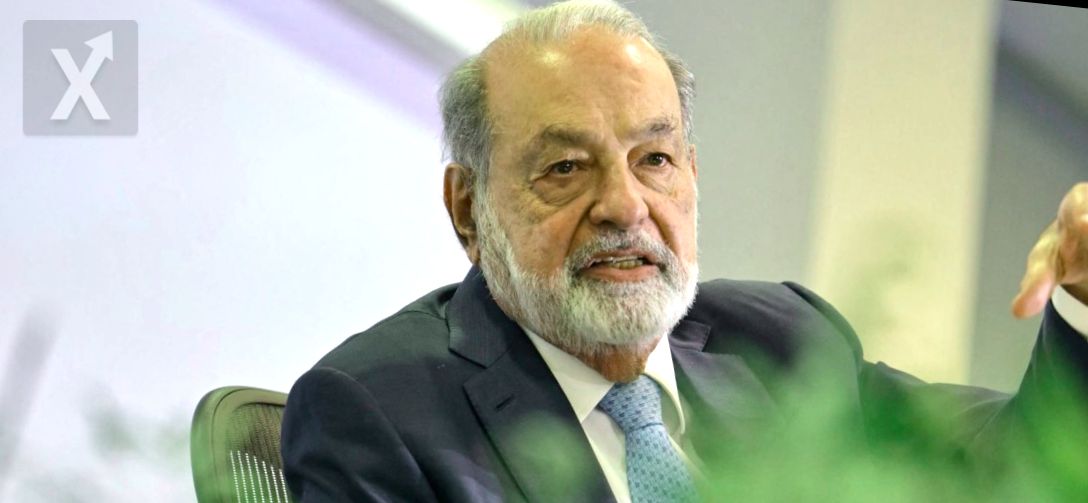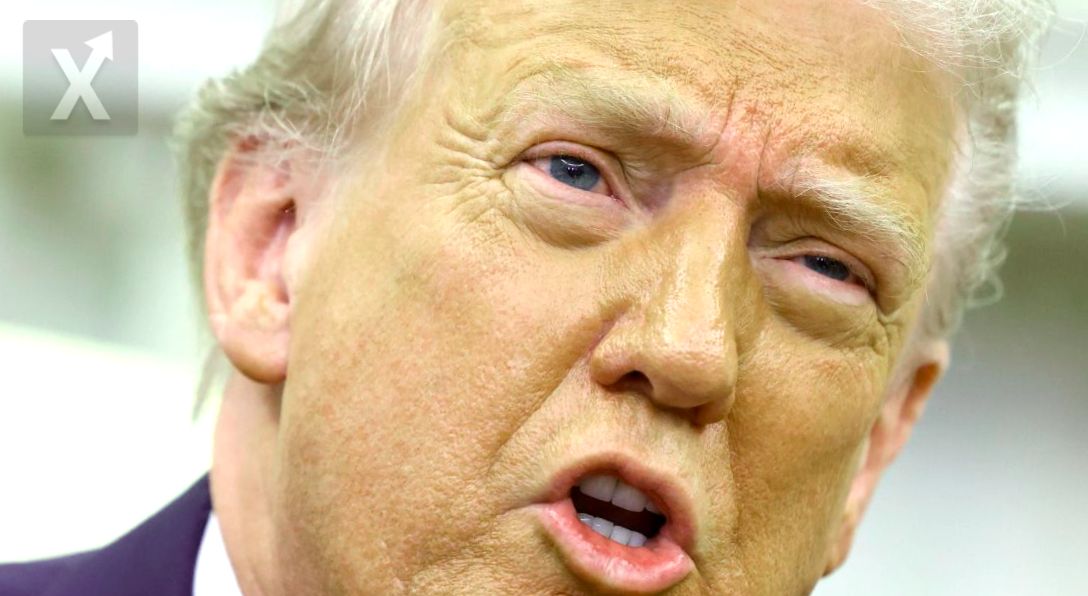Ongoing Negotiations on Steel and Aluminum Tariffs; Mexico Still Without a Final Agreement

The head of the Ministry of Economy, Marcelo Ebrard, mentioned that the tariffs on steel and aluminum will be discussed next week, with hopes of reaching an agreement to prevent them from taking effect on March 12. He pointed out that Mexico imports more steel and aluminum than it exports to the United States, which he believes does not justify the implementation of these tariffs.
On February 10, the Trump administration announced a 25% increase on steel and aluminum imports. These tariffs will be imposed starting March 12 on all imported products intended for consumption in the United States. This action nullifies all previous exemptions and agreements established under Section 232 in 2018, affecting countries such as Australia, South Korea, Canada, Mexico, Brazil, Japan, the UK, and the EU, which will all have to pay the aforementioned 25% tariff. Regarding trade in general with the U.S., most of Mexico's exports will remain tariff-free, thanks to a recent agreement that adheres to the regulations of the current treaty. According to Ebrard, the majority of Mexico's trade operations that comply with the USMCA rules will continue to be exempt from tariffs, although there is a small segment of exports, between 10% and 12%, that fall under the "most favored nation" clause, an international mechanism that provides preferential terms to countries that do not meet the treaty’s rules of origin. “We will collaborate with companies that cannot meet these regulations, especially in the automotive industry and other related sectors,” Ebrard stated. April 2 will be a key date, as a report on U.S. foreign trade will be presented, which will determine the course of these tariffs. “We’ll have a clear outlook, not just regarding Mexico, but concerning all countries around the world.”
It is crucial for Mexico to strengthen its trade ties and seek alternatives that minimize the impact of these tariffs. Companies must adapt to the new regulations to remain competitive, and the government has the responsibility to support the most affected sectors, ensuring sustainable growth in the national economy.






